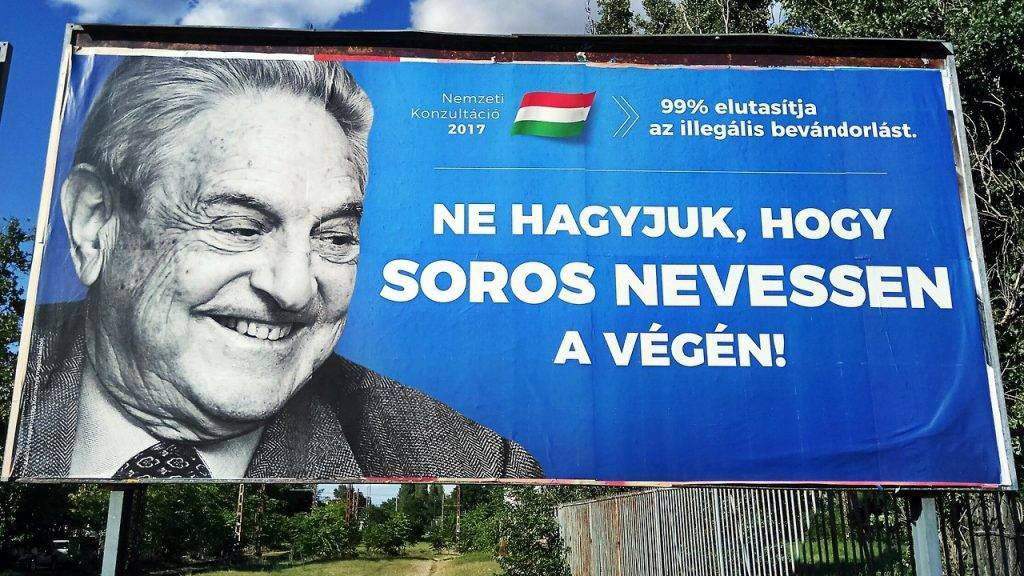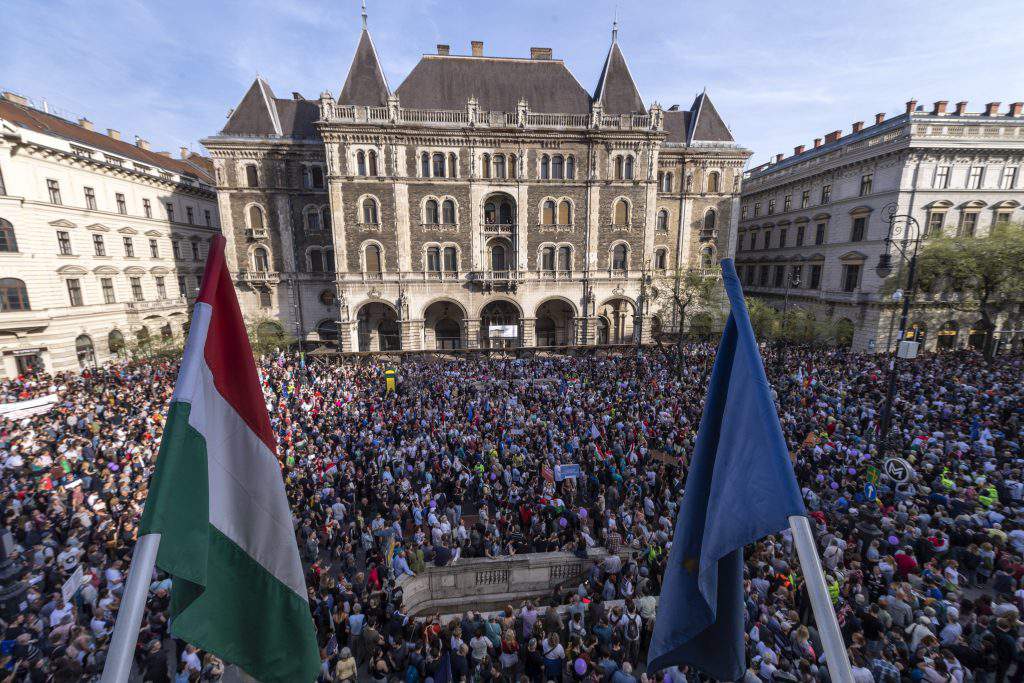A Hungarian judge to BBC: there is a general climate of fear

What happened to Hungary? – asks Allan Little, BBC’s special correspondent in the start of his report from Budapest. “A new kind of European statehood is being built – it is democratic, but not as we know it.” – he adds. Our summary on the report.
BBC: Illiberal democracy in the heart of Europe
“There has been for many years now an ongoing campaign against independent civil society organisations in Hungary” – said Márta Pardavi, co-chair of the Helsinki Committee. Furthermore, the government claims that they represent the people and
they go against the people’s enemies.
However, those can be free press, courts or even a university – added Michael Ignatieff, President and Rector of government-attacked Central European University.
Referring to the latest anti-government protests Little says that in the cities the young, the educated, the professional middle classes accuse the government of chaining the judiciary, of bringing the media under governmental control, of clamping down on any form of organized dissent. According to Little, the protesters see this process as a
betrayal of the democratic values Hungary embraced in 1989.
In fact, the reporter talked to a former Pan-European picnic organiser still loyal to Viktor Orbán. “For us national identity is very important. We want to preserve our culture.” – said László Nagy. He added that without strong nations the European Union will fall apart.
Parliamentary campaign on migration
Little talked to Gergely Gulyas, leader of government party Fidesz’s parliamentary group who highlighted that they would like to preserve the Hungarian cultural heritage. Besides, every country has to respect Hungary’s anti-migration standpoint. Moreover,
they only want to stop those NGOs that support illegal migration
-Gulyás added. However, he could not mention an example when Little asked how an NGO exactly can support it.

Márta Pardavi from the refugee-aiding Hungarian Helsinki Committee said that they are considered by the government as the adversaries of the Hungarian national interest. Little mentions Figyelő’s list of Soros’s Hungarian agents on which Pardavi’s name can be found, too. She said that the government can target anybody they want.
Therefore, this is a very clear message: do not dare to speak up.
Freedom is dangerous
In fact, the problem is that “we are a free institution that does not take orders from the government” – said professor Michael Ignatieff, President and Rector of government-attacked Central European University.

“We are one of the very few free institutions in the country”
This is because the government has substantial control over the media, the courts, public opinion and the economy – he added.
On the way towards creating a loyal judiciary system?
Everywhere there is a growing fear that
speaking out against the Fidesz government has a cost
– highlighted Allan Little.
For example, the ruling party is now creating a judiciary system that is no longer independent from the government. One of the judges, Péter Szepesházi talked to the camera and said that “there is a general climate of fear that they can do anything to us, judges.”
There is a pressure that the judges should rule in a certain way.
Moreover, prof. Zoltán Fleck (ELTE, Faculty of Law) said that the judiciary of Hungary is already largely controlled by Fidesz party loyalists. Thus, these people decide the appointment of the judges or selecting the leaders of the judiciary system.
Hungary is pulling away from the founding ideals of the European project turning its back to the traditional liberal democracy – concluded BBC’s reporter.
Source: bbc.co.uk







